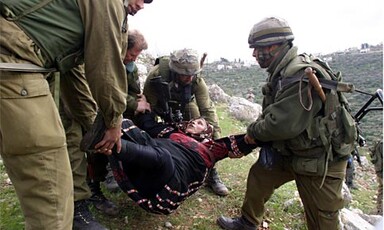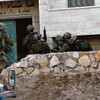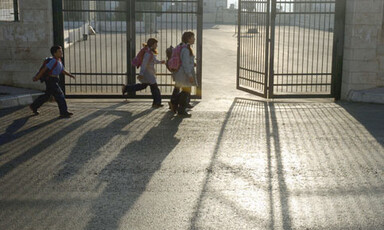
EI EXCLUSIVE: Did UK Foreign Secretary Jack Straw help sell out Jerusalem?
28 November 2005
New documents obtained by EI under the UK’s Freedom of Information Act (2000) indicate that Foreign Secretary Jack Straw was asked to personally lobby Israeli officials on behalf of a UK company whose work helps extend Israel’s administrative and legal structures into Occupied East Jerusalem in violation of international law and long-standing UK policy. The new documents indicate not only the high importance the British government attached to the contract, but that British officials dismissed concerns that the company’s work could violate British policy on the status of Jerusalem. EI co-founder Ali Abunimah reports this exclusive. Read more about EI EXCLUSIVE: Did UK Foreign Secretary Jack Straw help sell out Jerusalem?








